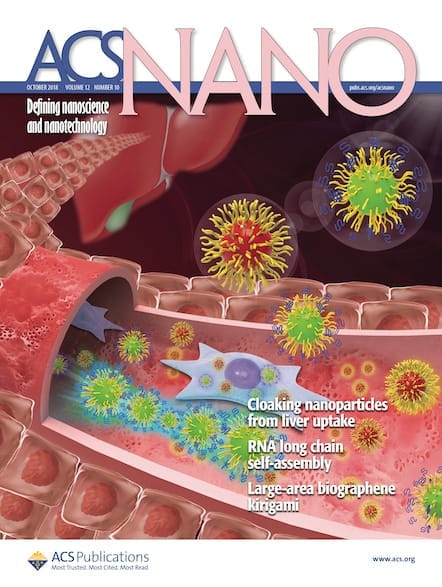Not all cancers are created equal. Some types of cancer, such as ovarian, stomach and pancreatic, can survive rounds of surgery and chemotherapy. Paula T. Hammond, Associate Editor of ACS Nano, calls these types of cancer “supervillains.” She says their persistence often stems from one of a number of genetic mutations. These mutations can confer […]

Not all cancers are created equal. Some types of cancer, such as ovarian, stomach and pancreatic, can survive rounds of surgery and chemotherapy. Paula T. Hammond, Associate Editor of ACS Nano, calls these types of cancer “supervillains.” She says their persistence often stems from one of a number of genetic mutations. These mutations can confer a special ability, such as cells being able to reject medication before it can take effect. She argues we need new treatments to match these “superpowered” diseases. Hammond cites new research on nanoparticles that can disable the genes that give cancers these abilities. Once their “superpowers” are deactivated, the cancer cells can be destroyed through conventional treatments.
Watch Hammond’s recent TED Talk, in which she explains how new nanoscience-based treatments are offering hope to patients suffering from persistent and aggressive diseases, such as ovarian cancer.
Shooting for the Moon: Nanoscale Approaches to Cancer
Layer-by-Layer Assembled Antisense DNA Microsponge Particles for Efficient Delivery of Cancer Therapeutics
Layer-by-Layer Nanoparticles for Systemic Codelivery of an Anticancer Drug and siRNA for Potential Triple-Negative Breast Cancer Treatment
Bimodal Tumor-Targeting from Microenvironment Responsive Hyaluronan Layer-by-Layer (LbL) Nanoparticles
***
